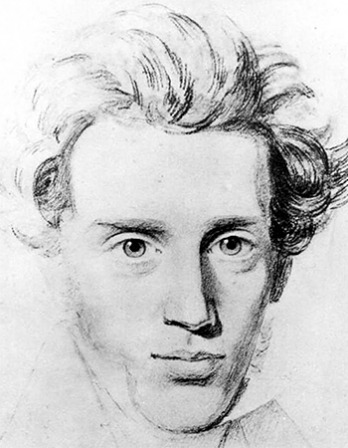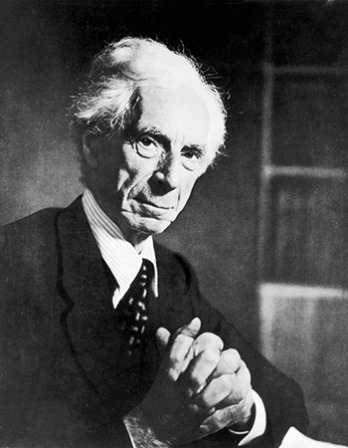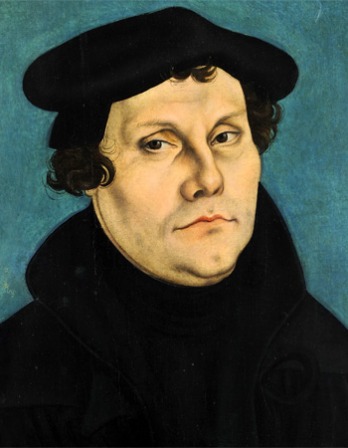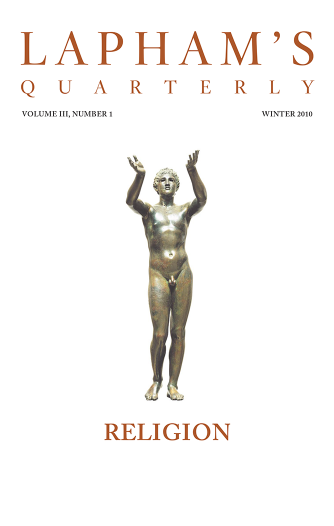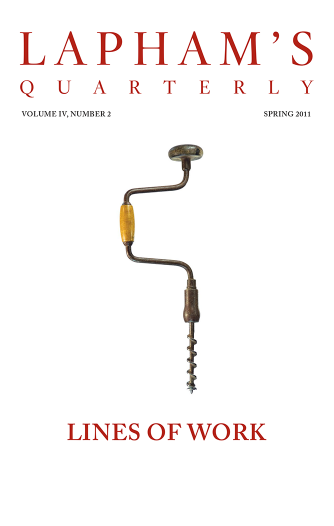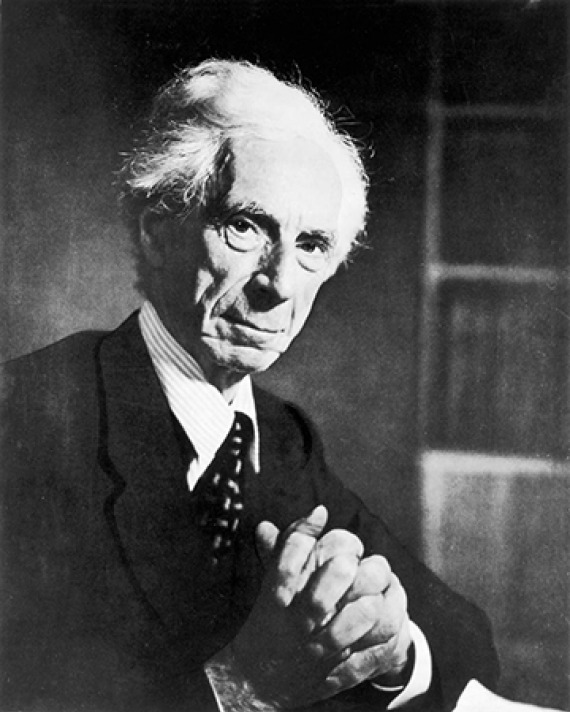
Bertrand Russell
(1872 - 1970)
A philosopher, logician, mathematician, social critic, political activist, and recipient of the Nobel Prize for Literature in 1950, Bertrand Russell published more than seventy books and about two thousand articles addressing a myriad of topics in the course of his life. The grandson of the former Whig and Liberal Prime Minister Lord John Russell, Russell established himself as one of the foremost philosophers of the twentieth century by publishing the groundbreaking work on the foundations of mathematics—the Principia Mathematica—with Alfred North Whitehead between 1910 and 1913. He married four times, was involved in innumerable public controversies (often related to his anti-war activities), and by the end of his life was honored and reviled in almost equal measure throughout the world. In his autobiography, Russell described the three passions that governed his life as “the longing for love, the search for knowledge, and unbearable pity for the suffering of mankind.”
